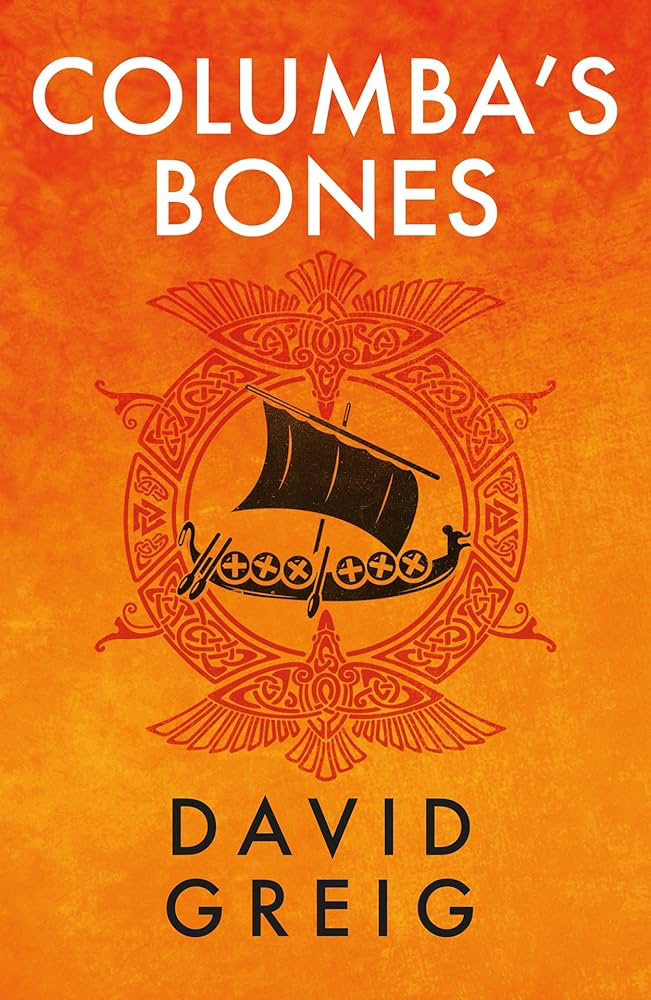
Well, this is by a distance the best movie I’ve watched this year. It actually feels more than a movie experience as it’s so writerly, almost so theatrical that it becomes much more than the sum of its parts by the time you emerge from two and a half hours of spellbinding storytelling.
It’s a French courtroom procedural at its heart.
But it’s a marriage breakdown story at its heart
But its a tragedy at its heart, as the son of our main protagonist loses his sight as a result of his father’s momentary lack of attention (in this respect it reminded me of The Child in Time by Ian McEwan in which a simple lapse of concentration leads to a lifetime of anguish).
This is to prove pivotal at the climax of a densely multilayered script that keeps you guessing from start to finish. Not that it’s a whodunnit.
Basic story is this. Mum, famous writer being interviewed by a sexy young French literature student whom she maybe fancies because she is bisexual has to abort interview because Dad (failed writer and home carer for the son he blinded) starts to drown out the interview by playing P.I.M.P at full volume on the stereo. Mum seems unconcerned; semi-sighted son takes beloved dog for a walk in the snow. When he returns dad is dead having either jumped or been pushed by his wife from the top floor of the chalet.
We now embark on a slow (reminded me of Michael Haneke direction) unravelling of a pre-trial build up with Mum’s old friend (flame?) before the trial itself shift shapes endlessly as the story unfolds.
It’s set in the French alps where French husband Samuel has forced his German wife Sandra to relocate. She speaks perfectly good French but insists they converse in English.
At the trial the court insists on French (but she drops often into English) and this ambiguity and fluidity of language is a powerful metaphor for the rules of marriage, how relationships are brokered, where the power lies.
At its core sits the simply incredible, often inscrutable, Sandra Hüller who’s barely off screen. She has a script to die for, written by the director Justin Triet and Arthur Harari . In many ways it’s the star of the show because it’s so clever, moving and labyrinthine.
Then there’s a mesmerising performance by 11 year old Milo Machado Graner, the semi sighted son who is the key to the whole story, but keeps his cards well hidden until the breathtaking denouement.
Frankly, the beautiful blue eyed pet dog deserves a mention too. You’ll need to watch it to see why.
All in all it’s a remarkable movie. The Haneke reference is deserved. The performances outstanding. perhaps too slow in the first act, but by the end you’ll be wanting more.
Don’t go for popcorn entertainment. Go for philosophical human insight and intrigue. You’ll thank me – if that floats your boat.



